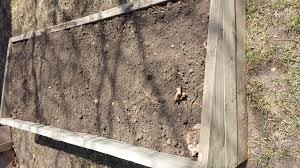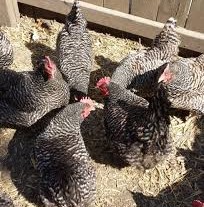Friday, March 20, 2015 – Maxwell, Iowa
{For the latest Iowa Pipeline Walk route and schedule detail, click here.}
{Ed talks about the Pipeline Walk with State Rep. Dan Kelley today at 11:00 a.m. on KDLF 1260 AM (Des Moines) and online. Also, State Reps. Bruce Bearinger and Sally Stutsman discuss the House Rural Caucus – rebroadcast Wednesday on KHOI 89.1 FM (Ames) at 4:00 p.m. and KPVL 89.1 FM (Postville) at 7:00 p.m.}
On a daily basis, I am reminded of the importance of home. Many people’s opposition to the pipeline is rooted in a deep, often generational, attachment to the home place – to structures, land and shared memories that transform a tiny segment of Planet Earth into a treasure of incomparable value.
Today, I walk through Polk County, and the path of the proposed pipeline is as close to home as it gets. Along a high point in the road, I make out Des Moines’ skyline in the distance. I harbor no fondness for tall buildings, but as I gaze at them, I imagine nearby my home in Sherman Hill.
One of the toughest things about last year’s cross-country March was being away for nearly nine months. Even though the 40-day duration of the Pipeline Walk is short by comparison, it still weighs on me to be gone for so long – especially with the warmth of spring luring me to till soil, to plant crops.

Syncrude Operations..Alberta Oil Sands. Northern Alberta.. These oil reserves are second only to those of Saudi Arabia. Their method of extraction is among the most damaging and their refining creates more greenhouse gases than any other oil refining process..Copyright Garth Lenz.
The pipeline runs twenty miles from where I live. I tell folks I meet, “Just as the pipeline threatens your home, it threatens mine.” No matter where one lives on Planet Earth, the “black snake,” as Native Americans call it, threatens home. In Iowa, it threatens the topsoil in a 100-foot-wide swathe across 343 miles of the world’s richest farmland. It threatens Iowa’s water quality, already in poor condition from contaminants running off rural farms and urban lawns. Through the greenhouse gases unleashed into the atmosphere, the black snake threatens to render unlivable this beautiful, diverse fabric of life that connects and sustains us all.
Perhaps the most hideous place on Earth is the Alberta Tar Sands – a region the size of New York State. Compliments of exploiting the tar sands, Canada recently surpassed Brazil as the most heavily deforested country in the world. This devastated landscape used to be someone’s home. If we count non-human lives, as we should, it used to be home to countless someones.
In this hell on Earth where oil is now all that matters, what once was alive has been devastated almost beyond imagination. As I look at aerial photos of the tar sands region, Dante’s description of the third level of hell comes to mind: “The gluttons are punished here, lying in the filthy mixture of shadows and of putrid water. Because you consumed in excess, you meet your fate beneath the cold, dirty rain, amidst the other souls that there lay unhappily in the stinking mud.”



As I return home for the first full weekend since the start of the Walk, I will feel rejuvenated to dig in the soil, to plant seeds, to tend my hens. Monday, I resume walking Iowa’s gravel roads, doing my part to blaze a trail that leads away from hell on Earth. The path of the black snake is lined with power, money, greed and ignorance. It will take all of us working together to forge a path that respects land, water, home and life.
